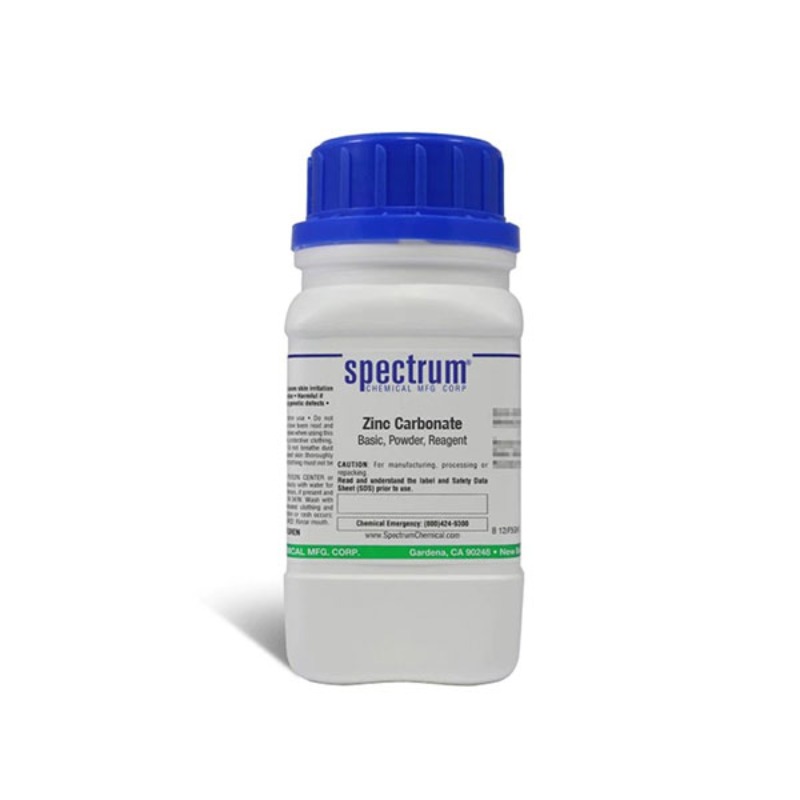Zinc Carbonate. জিঙ্ক কার্বোনেট একটি গন্ধহীন, সাদা, বালির মতো শক্ত। এটি প্রসাধনী, লোশন, চীনামাটির বাসন, মৃৎশিল্প, রাবার, ফিড যুক্ত হিসাবে এবং ওষুধ হিসাবে ব্যবহৃত হয়।
Zinc carbonate consists of white crystals which are insoluble in water but soluble in alkalis and numerous other acids. Basically, zinc carbonate is used for the production of creams and ointments. In this post, we will introduce you in detail to all the components properties and uses of this chemical material.
Zinc Carbonate is a colourless or white solid that is found in nature forming the Smithsonite mineral, in which it can be alone or with other elements such as cobalt or copper, which give it violet or green colour respectively.
ZnCO3 is almost insoluble in water, but it dissolves easily in dilute acids since the carbonate ion in an acidic medium forms carbonic acid (H2CO3), which is then converted into CO2 gas and water.
It is used as an antiseptic in animal wounds and is sometimes supplied in the diet to avoid diseases caused by zinc deficiency.
It serves to delay the burning of certain fibres, plastics and rubber when they come into contact with the fire. It allows the separation of toxic arsenic minerals from other rocks safely.
Advantages of Zinc Carbonate
Zinc carbonate processes are highly environmentally friendly and efficient, due to its low content of heavy metals (5PPM or less). Guaranteeing environmental protection, and additionally, benefits in economic terms.
Through production equipment, zinc carbonate can be efficiently worked with materials such as stainless steel and copper, guaranteeing that the products do not contain impurities when they go to the market.
The hot air drying method can be used in order to ensure that the products do not contain uniformities when drying. The products in this range will have good fluidity, highly uniform fineness and specific high surfaces.

Login To Comment